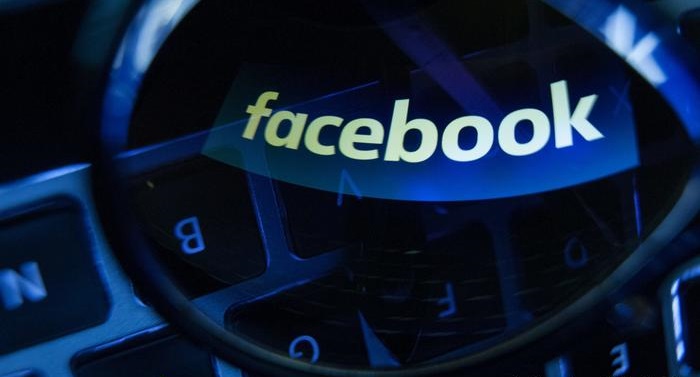
Vietnam has introduced new guidelines that codify ethics for social media companies and the public, according to the state's news agency and other local media.
Besides requiring individuals to be themselves on platforms and avoiding fake news, the new code also requires social media organizations to "deal with users in accordance with Vietnamese law" if they're requested by authorities to remove content from their platforms.
What do the new guidelines say?
The guidelines encourage users to create accounts using their real identities, share information from official sources, and avoid posting content, which violates Vietnamese law or contains bad language.
It requires individuals not to use words that incite hatred or trigger violence, to avoid posts with information that defame others, as well as not post fake news.
The new directions encourage Vietnamese people to post positively about the country and "spread good stories about good people."
The guidelines have been published on the Information Ministry website.
It is not clear whether they're legally binding.
Has Vietnam always been strict about social media?
The country has a large number of young people — 70% of the population is under 35 — who often use social media to express their opinion.
Vietnam's ruling Communist Party allows little criticism and press freedom is limited.
Authorities recently arrested a spate of people who criticized Hanoi's handling of the coronavirus pandemic online.
In December 2020, Amnesty International had accused the social media giants of "far-reaching complicity" by censoring content deemed critical of the government.
Vietnam is among one of the biggest countries by revenue for Facebook and Google in Southeast Asia.
In 2018, Facebook's income from Vietnam neared $1 billion — almost a third of all its revenue in Southeast Asia.
Google earned $475 million during the same period, primarily based on YouTube advertising.
A large number of multinationals operate in the country.